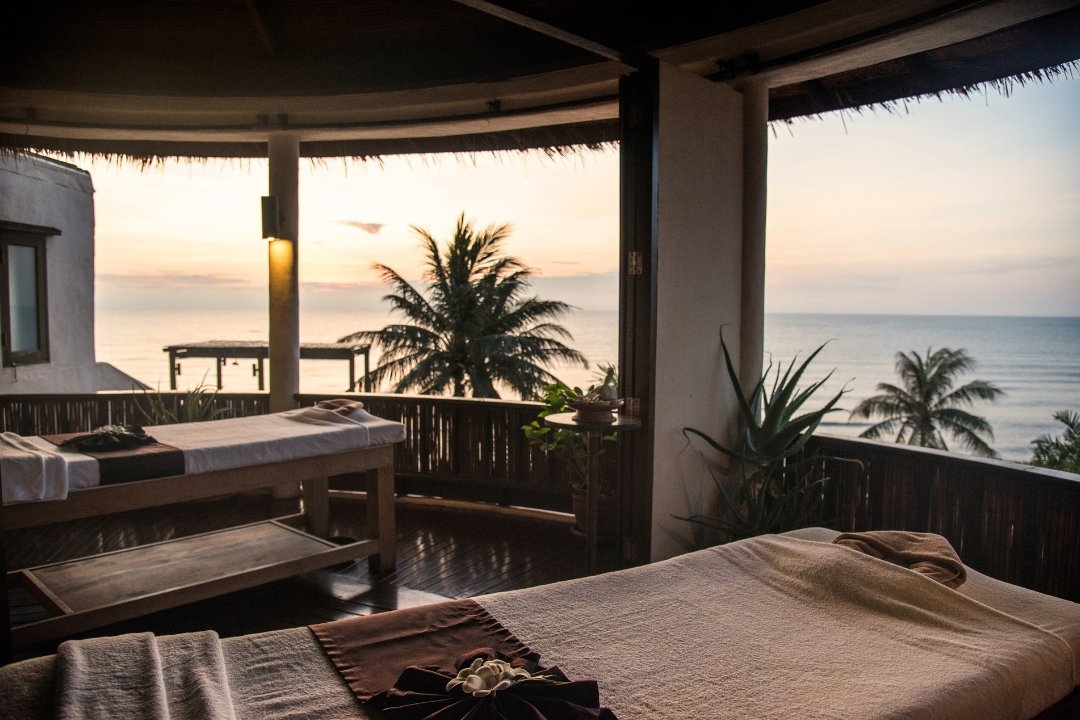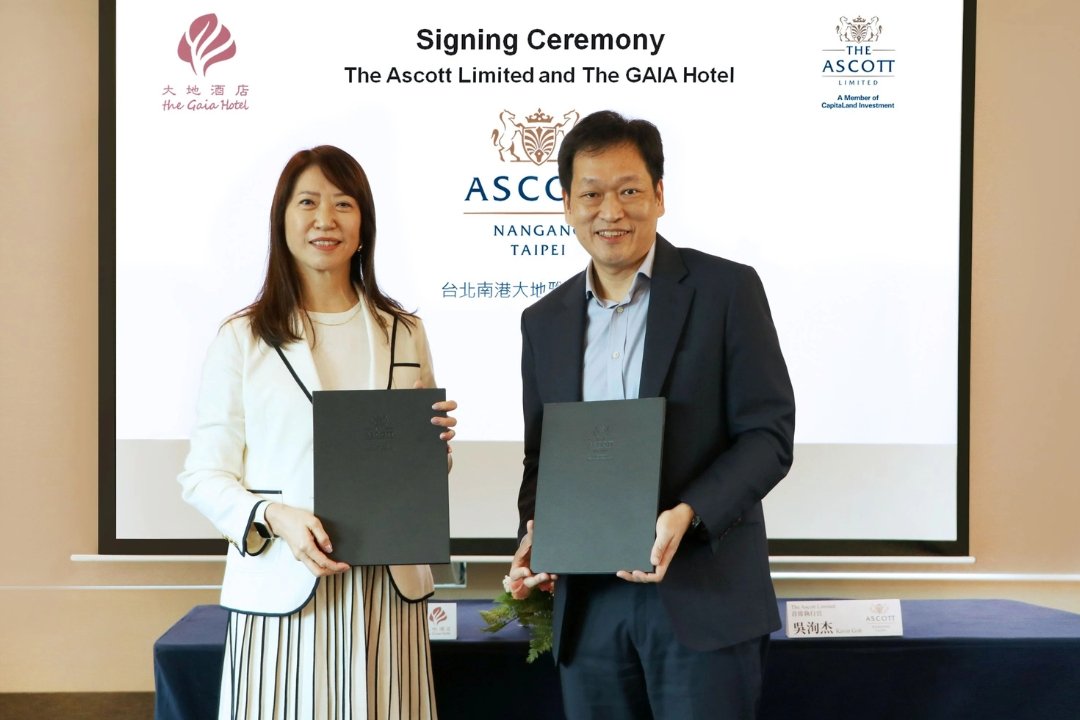Koko Global Hospitality (Thailand) Co Ltd (KGH), the operator behind the Kokotel hotel brand, is taking a positive view of Thailand’s current tourism slowdown. Despite a quieter-than-expected season, the company is using this period to sharpen its operations and shift attention toward the domestic travel market.
Rei Matsuda, Founder and CEO of KGH, explained that the present dip in activity is largely seasonal, with expectations for improvement later in the year. He expressed optimism for a stronger recovery during the upcoming high season.
The company is now placing greater emphasis on operational performance, aiming to keep hotel occupancy strong even as international visitor numbers remain lower than in previous years. KGH is maintaining a positive outlook for 2025 and beyond.
Tourism landscape: Changing source markets
Between 1 January and 8 June, Thailand recorded over 15 million foreign arrivals, a slight drop of 2.87% year-on-year. Malaysia has overtaken China as the top visitor market, signaling a shift in regional travel patterns. There has been a notable decline in Chinese tourists, who previously comprised 15% of hotel guests. As a result, KGH is now paying closer attention to travellers from emerging markets such as India and the Middle East.
Data from the Ministry of Tourism and Sports shows that shifting global and regional dynamics are changing the way people travel. Matsuda noted that KGH’s model is resilient, as it does not rely on any single nationality.
Rise of domestic tourism
With international trips becoming less frequent, many Thai travellers are opting to explore their own country. KGH believes this could mirror the recent trend among Chinese tourists, who have turned to domestic holidays due to restrictions on overseas travel. The company expects cities like Chiang Mai, Hua Hin, Pattaya, and Chiang Rai to benefit, as locals look for nearby getaways instead of travelling abroad.
It has been estimated that domestic tourists currently make up around 15–20% of their hotel guests, though this figure is expected to be higher in specific destinations such as Chiang Mai, Pattaya, and Hua Hin.
It has also been highlighted that economic conditions may lead more independent hotel owners to seek professional management support. KGH is in a strong position to step in, as consolidation trends in the hospitality sector become more prominent.
Market strategy and areas of opportunity
Matsuda believes the three-star hotel category remains ripe for growth, especially outside of Bangkok. Although the capital city is experiencing oversupply in this segment, other regions such as Phuket, Krabi, and Khao Lak are presenting new opportunities. These destinations are expected to appeal to domestic travellers seeking affordable, well-managed hotels that offer comfort and style.
By offering quality service at a reasonable price, KGH hopes to tap into the increasing demand for value-focused stays. The company is adjusting its strategy to meet the expectations of a more cost-conscious traveller base while continuing to deliver efficient and professional service.
Expansion plans and international ambitions
As of 31 May, KGH manages 41 hotels across Thailand, Japan, and the Philippines. Of these, 34 are operational, and 10 are in the pre-opening stage. The company also provides consultancy services to seven properties, managing more than 2,500 rooms in total. Matsuda has set a goal of reaching 100 hotels by 2026, with a longer-term aim of growing to 1,000 hotels in 10 countries by 2035.
KGH’s current hotel portfolio consists of 75% properties in Thailand, 20% in the Philippines, and 5% in Japan. The Philippines is seen as a key growth market, particularly in the three-star hotel segment, where there is a noticeable lack of well-managed offerings. This environment presents an opportunity for firms like KGH to bring professional standards and streamlined operations to the sector.
Industry outlook: Local strength and regional growth
The company’s move to focus more on the domestic market is in line with broader global tourism trends. With international travel still experiencing uneven recovery, local and regional tourism is on the rise. Places like Thailand, particularly less-visited areas, are expected to benefit from increased interest in short-haul and domestic holidays.
This shift is also being seen across Southeast Asia, where travellers from China, India, and the Middle East are opting for more affordable and authentic experiences. As markets evolve, countries with growing demand and developing infrastructure like the Philippines present strong opportunities for hotel operators looking to enter or expand.
Changing market demands may push international hotel chains to adopt more localised and flexible strategies.
A forward-looking strategy
Looking ahead, KGH’s current approach positions it well to handle the ongoing uncertainty in global travel. The company is using this transitional period to improve operations and prepare for broader expansion, both within Thailand and across Southeast Asia. While international arrivals may take time to fully rebound, domestic tourism is becoming an increasingly reliable source of revenue.
KGH’s ability to stay agile and respond to changing travel habits will be critical in the coming years. With digital innovation, experiential travel, and new consumer priorities shaping the future of tourism, the company is aiming to stay ahead of the curve.









![[IRHM] logo](https://irhmagazine.com/wp-content/uploads/2025/08/IRHM-AWARDS-2025-1024x683.jpg)







